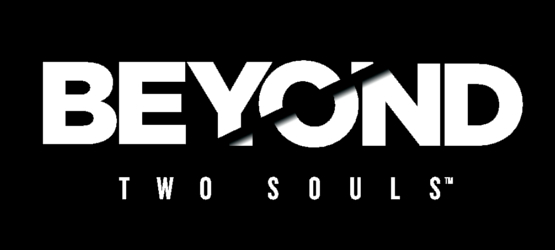Beyond: Two Souls is Quantic Dream’s next title after the critically acclaimed Heavy Rain, but is it really all that different from their previous foray into emotion and realism in games? The preview of the game that I was able to get my hands on at E3 had two segments to choose from, and I unfortunately was only able to try out one of…






